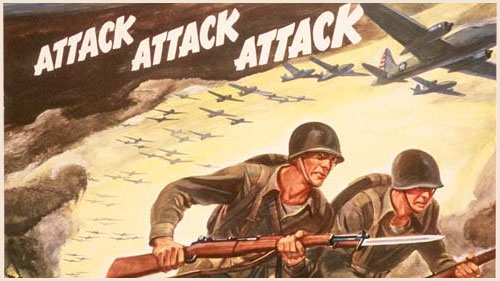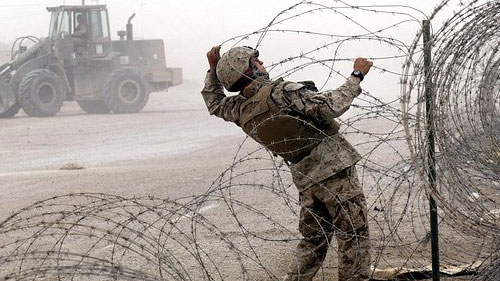Why is it that the national front-runners aren’t winning post-debate polls, but scant days later the actual winners are barely on the radar any more? Last night, we once again saw Ron Paul, a paleo-conservative amongst neo-cons, trounce the other Republican candidates, with Governor Mike Huckabee polling in second place amongst debate viewers. I predict that national polls this weekend will still show Huckabee polling in the single digits nationally and Ron Paul somewhere below 5% with likely primary voters.
How does a candidate get 33% of the post-debate vote and then lose 90% of it by week’s end? Because most news outlets have already invested in the candidates of their choice. Debate coverage on CNN and MSNBC has been almost entirely about their anointed front-runners, Giuliani, McCain, and Romney. Even though he didn’t participate in the debate, Fred Thompson is receiving more press coverage today than Paul or Huckabee.
The result of this is that on a national basis (by which I mean outside of Iowa and New Hampshire), most Republicans just don’t know anything about Tom Tancredo, Duncan Hunter, Mike Huckabee, or Ron Paul. When receiving a cold call from Gallup or Zogby, why say you intend to vote for somebody whose name you barely know? They recognize Giuliani from the September 11, 2001 attacks, many remember John McCain from his 2000 run, Mitt Romney has received a ton of press because he’s tan, Mormon, and wealthy, and Fred Thompson is on television almost 24 hours a day on Law & Order. I strongly suspect that these four candidates are front-runners based almost solely upon their name recognition, as opposed to any actual qualifications or policy positions. People that have been watching the candidates perform side-by-side are in a better position to make an informed decision.
That decision has been pretty clear. If you’re for cutting taxes and smaller government, anybody in the field will suit those needs. If you’re for “ending the war with honor,” it looks like Mike Huckabee and John McCain made a strong showing. If you’re for ending the war promptly, Paul is your only bet. It looks like the Republican vote is pretty well split on that, with McCain and Huckabee splitting 33% of respondents and Paul standing alone with another 33%. The internally-conflicted pro-choice pro-gun-control pro-horrible-personal-life segment of the Republican party has split between Romney and Giuliani, with a small minority choosing Tancredo, Hunter, or Brownback.
I want to see more Huckabee and Paul coverage. Maybe they aren’t as exciting as Mitt Romney’s George Harrison tan, John McCain’s verbal gaffes, Fred Thompson’s eloquent assistant DAs, or Giuliani’s mountain of political baggage, but you aren’t going to catch any of those guys performing Freebird, are you?


